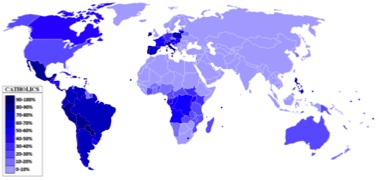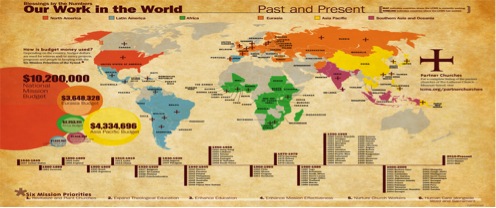Baptist
Baptists are Christians who comprise a group of denominations and churches that subscribe to a doctrine that baptism should be performed only for professing believers (believer's baptism, as opposed to infant baptism), and that it must be done by immersion (as opposed to affusion or sprinkling). Historians trace the earliest church labeled "Baptist" back to 1609 in Amsterdam, with English Separatist John Smyth as its pastor. In accordance with his reading of the New Testament, he rejected baptism of infants and instituted baptism only of believing adults. The Baptist World Alliance reports more than 41 million members in more than 150,000 congregations. Baptist churches can be found in Western, Central and Southern Africa, Indonesia, Oceania, India, Pakistan, Southeastern and Eastern Asia, Europe, Eurasia, Middle East, Barbados, Cuba, Haiti, Jamaica, Trinidad & Tobago, Canada, Mexico, U.S.A, and Central and Southern South America.

